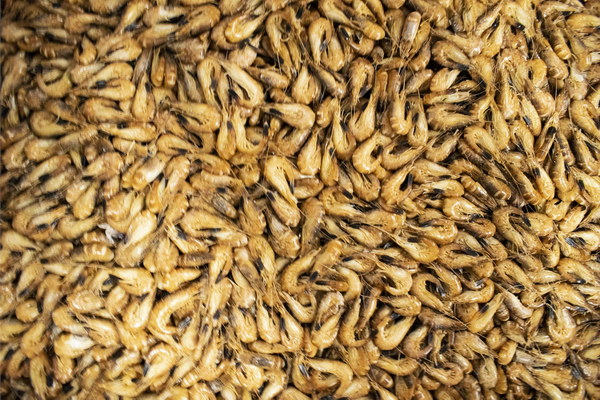Bile Bear Therapy A Natural Approach to Liver Health and Wellbeing
In the quest for natural remedies and holistic health solutions, the ancient practice of using bear bile for liver health has gained renewed interest. Known as Bile Bear Therapy, this traditional practice involves extracting bile from bears and using it to treat various liver-related conditions. This article explores the origins, benefits, and ethical considerations surrounding this unconventional treatment.
Origins of Bile Bear Therapy
The use of bear bile dates back thousands of years, with its roots in traditional Chinese medicine (TCM). In TCM, bear bile is believed to have cooling properties that can alleviate heat-toxin accumulation in the body, leading to various health issues, including liver problems. The practice has been prevalent in East Asia, particularly in countries like China, Vietnam, and South Korea.
Benefits of Bile Bear Therapy
Advocates of bile bear therapy claim that the substance can provide numerous health benefits, particularly for the liver. Here are some of the reported advantages:
1. Liver Detoxification: Bear bile is said to aid in the detoxification of the liver, helping to eliminate harmful toxins and pollutants from the body.
2. Antioxidant Properties: The substance contains antioxidants that can combat oxidative stress, protecting liver cells from damage and promoting overall liver health.
3. Anti-inflammatory Effects: Bear bile is believed to have anti-inflammatory properties, which can help reduce inflammation in the liver and improve its functioning.
4. Improved Digestion: Some proponents suggest that bear bile can enhance digestion by increasing bile production, which is essential for breaking down fats and absorbing nutrients.
5. Treatment of Liver Diseases: Bear bile is used in TCM to treat various liver conditions, such as hepatitis, liver cirrhosis, and fatty liver disease.
Ethical Concerns
Despite the reported benefits of bile bear therapy, the practice has faced significant ethical concerns. Here are some of the main issues:
1. Animal Welfare: The extraction of bear bile often involves live-capture and the installation of bile ducts in bears, leading to severe pain, stress, and other health issues for the animals.

2. Illegal Trade: The demand for bear bile has contributed to an illegal trade that endangers the survival of bear species, such as the Asian black bear and the sun bear.
3. Alternative Options: There are numerous alternative remedies and treatments available for liver-related conditions that do not involve the use of bear bile.
Alternatives to Bile Bear Therapy
Given the ethical concerns, many experts advocate for alternative treatments to bile bear therapy. These include:
1. Medicinal Herbs: TCM offers various herbal remedies that can promote liver health, such as dandelion, milk thistle, and artichoke.
2. Diet and Lifestyle Changes: Adopting a balanced diet, exercising regularly, and avoiding harmful substances can significantly improve liver health.
3. Conventional Medicine: Modern medicine offers a range of treatments for liver-related conditions, including medications, surgery, and liver transplantation.
Conclusion
While the use of bear bile for liver health has been a traditional practice for centuries, its ethical implications and availability of alternative treatments raise questions about its relevance in modern times. As awareness of animal welfare and environmental concerns grows, it is crucial to explore and support more sustainable and humane options for liver health.









